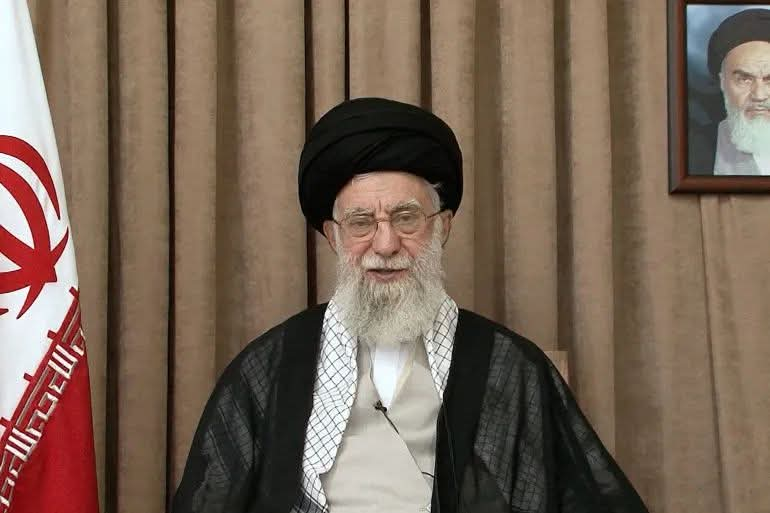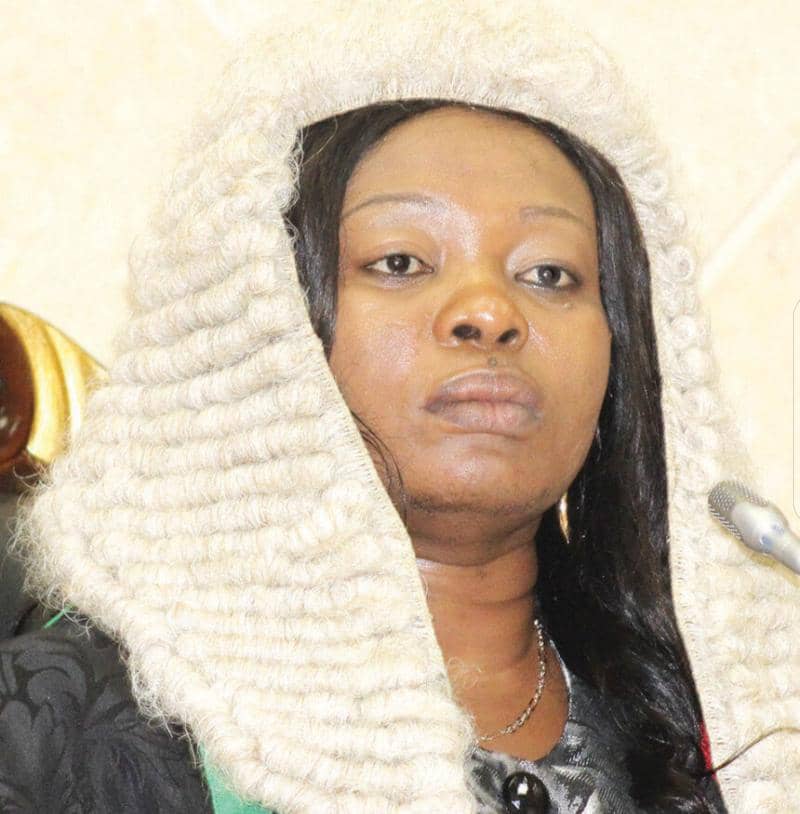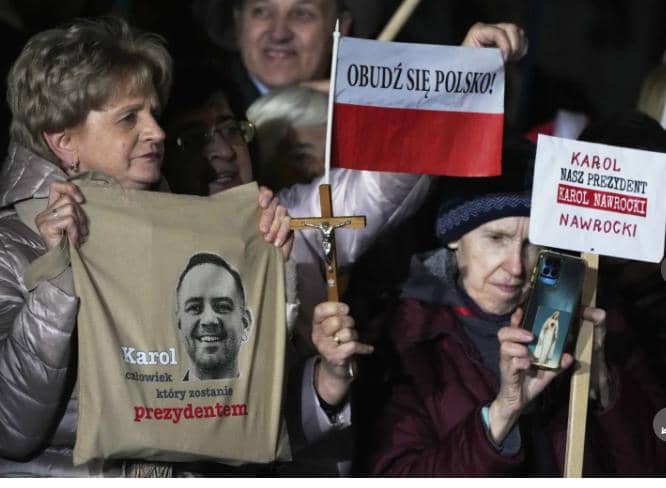By Rick Dzida
The withdrawal of assistance for HIV/AIDS victims by a significant donor like the United States Government has profound implications for Malawi, a country that has heavily relied on external support for its healthcare system particularly in the fight against HIV/AIDS.
On 24 March 2025, UNAIDS Executive Director, Winnie Byanyima, remarked from global perspective that “We will see a real surge in this disease , will see it come back, and we see people dying the way we saw them in the 90s and in 2000s.”
Such remarks have put me in a spiral of sad dilemma recalling a loss of friends, acquaintances and relatives due to HIV/AIDS after they had exhibited signs of malnutrition then dubbed ‘kawondewonde’ in the 90s and 2000s.
Fortunately, the free access to life-saving Antiretroviral Therapy (ART) by the general public reversed the pathetic trend.
In this article, 10 challenges Malawi is likely to encounter as the aftermath of US assistance withdrawal are discussed. Consequently, some recommendations are also outlined for the Malawi Government to undertake with a view of averting the impending tragedy.
Challenges
First, without external funding, it is envisaged that there will be a rise in new HIV infections among Malawians due to reduced access to prevention programs.
Second, it is also predicted that many Malawians will lose access to ART leading to increased morbidity and mortality rates.
Third, the Malawi public healthcare system is likely to become overwhelmed as more individuals seek treatment without the necessary resources.
Fourth, a lack of funding will most likely lead to reduced public awareness campaigns thereby increasing stigma around HIV/AIDS.
Fifth, there is a high likelihood that the loss of funding will lead to job losses in the healthcare sector and related industries consequently exacerbating poverty. In fact, some Malawians are on record to be entrenched due to the American funding withdrawal.
Sixth, many children affected by HIV/AIDS will most likely lose support services thereby leading to increased vulnerability.
Seventh, it is also envisaged that reduced funding will hinder research efforts for new treatments and prevention strategies.
Eighth, most Malawian families will most likely face increased financial and emotional burdens as they care for sick relatives without adequate support.
Ninth, without the support of external funding, it is envisaged that the ability to track and evaluate the HIV/AIDS epidemic will be compromised therefore making it difficult to respond effectively.
The last but not least challenge is that the combination of the aforementioned factors will likely lead to increased mortality rates among those living with HIV/AIDS.
Recommendations
The first recommendation is that the Malawi government is advised to urgently seek alternative funding from other international donors, non-governmental organizations (NGOs), and private sector partnerships to fill the gap left by the U.S. withdrawal.
It must be emphasized that this is not a political issue but one that needs swift action to avert loss of innocent Malawians.
Secondly, the Ministry of Health (MoH) must invest in strengthening the local healthcare system to ensure that it can handle increased patient loads and provide quality healthcare.
Thirdly, the Malawi Government through MoH must deliberately develop and support community-based health programs that focus on prevention, education, and support for those living with HIV/AIDS.
Fourth, MoH is advised to initiate campaigns that aim at reducing stigma, promoting awareness about HIV/AIDS and resultantly encouraging testing and treatment.
Fifth, the Malawi Government through MoH is cordially advised to implement programs specifically aimed at supporting children affected by HIV/AIDS including education and healthcare services.
Sixth, MoH must invest in local research initiatives to develop new treatments and prevention strategies tailored to the Malawian context.
Seventh, the Malawi Government is also advised to collaborate with NGOs that have experience in HIV/AIDS care and can provide additional resources and support.
Eighth, the Malawi Government through MoH is advised to explore generic medications and other cost-effective treatment options to ensure that ART remains accessible to all Malawians regardless of financial status.
Ninth, MoH must invest in training and retaining healthcare workers to ensure that there are enough qualified professionals to provide healthcare service.
The final and equally important recommendation to the Malawi Government is to establish robust monitoring and evaluation frameworks that will facilitate the assessment of the impact of HIV/AIDS programs. It is also advisable for the Malawi Government to make necessary adjustments wherever necessary.
Conclusion
By addressing these challenges with the aforementioned proactive measures, the Malawi government can work to mitigate the negative impacts of reduced assistance for HIV/AIDS victims and continue to support those affected by the epidemic.



